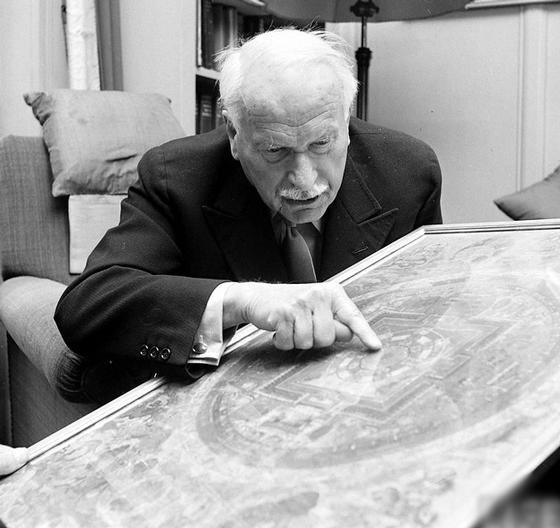Book Review of Jung and Sex by Ginette Paris, Ph.D.
“Edward Santana, in his brave book Jung and Sex, (Routledge 2017), does something that is long overdue: a critical review of the moralism that has affected the Jungian community. He attacks the bigotry of the psychological establishment when dealing with sexuality, homosexuality, and sexual infidelity.
"This moralism is not so much a problem that comes from Jung’s writing, but rather a cultural trend in psychotherapy. Too many devout Jungians prefer to forget that Jung slept with former patients, had a long-time mistress, and did not believe in the absolute sanctity of sexual fidelity.
"In his own way Santana champions the Jungian perspective, but in a refreshing and more contemporary way. He writes: ‘Neuroses are more commonly experienced today as anxiety or depression, and if we follow Jung’s interpretations, they are also forms of sexual dysfunction and addiction.’
"The analyst’s task is to provide the link to the unconscious aspect of the sexual problem, which is at the same time a cultural problem. Both the person and the culture need therapy. That is the task that Santana gave himself, in a magnificent effort to renew our thinking about the spiritual dimensions of sexuality. The style is jargon-free, pleasant and sharp!”
~ Ginette Paris, Ph.D., Clinical Psychologist, author of Wisdom of the Psyche: Beyond Neuroscience, Heartbreak: New Approaches to Healing, Pagan Grace, and Pagan Meditations.
Available on Amazon: https://amzn.com/1138919152











